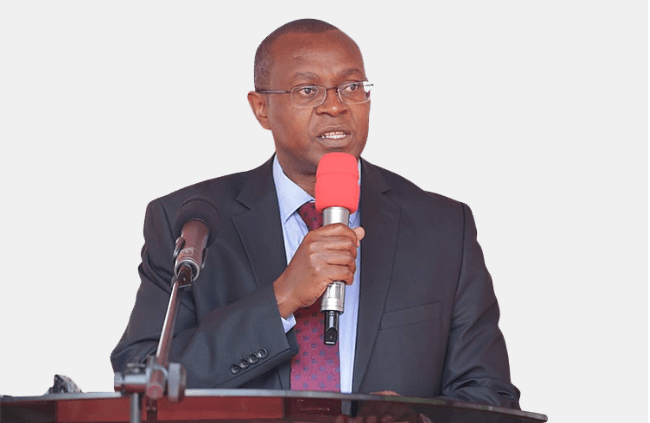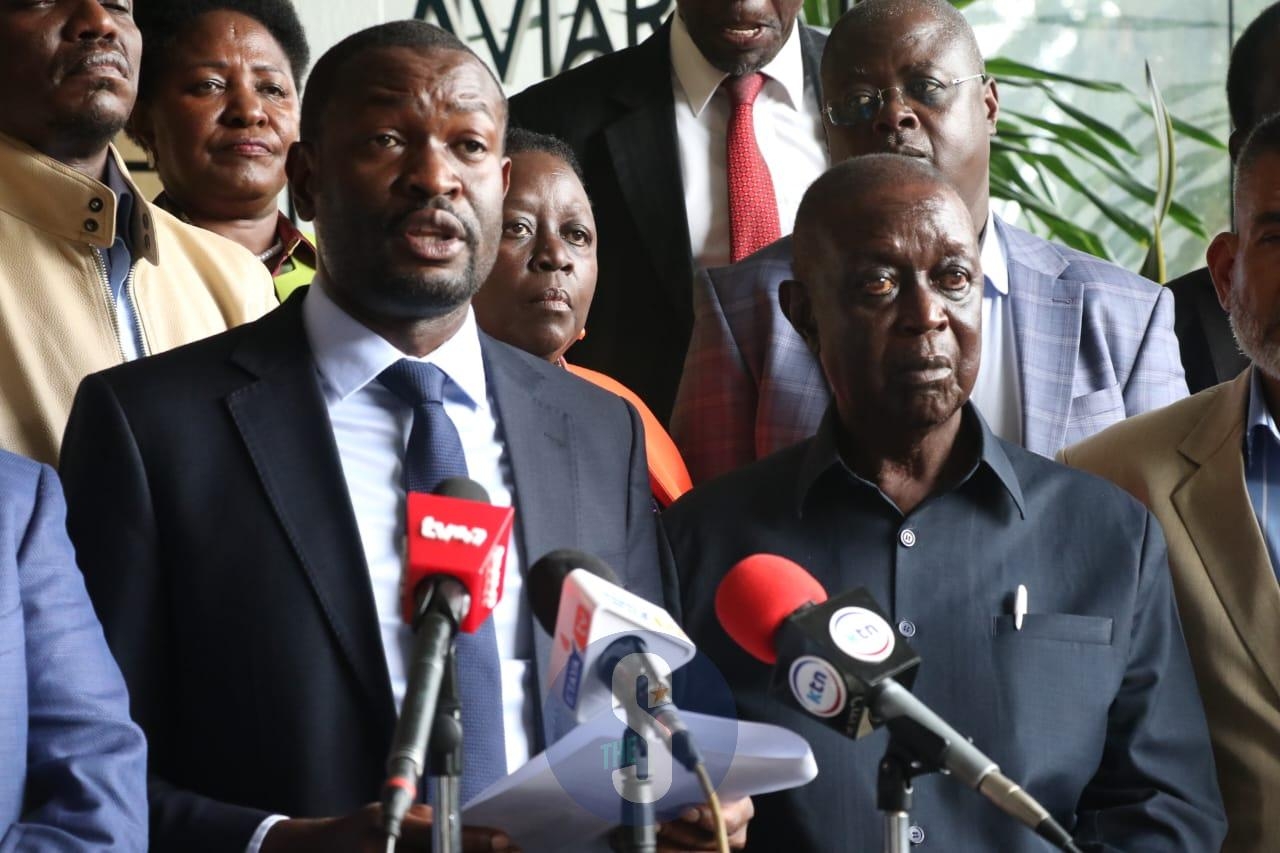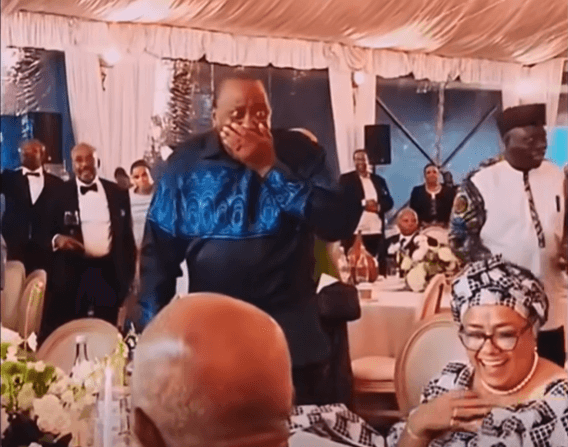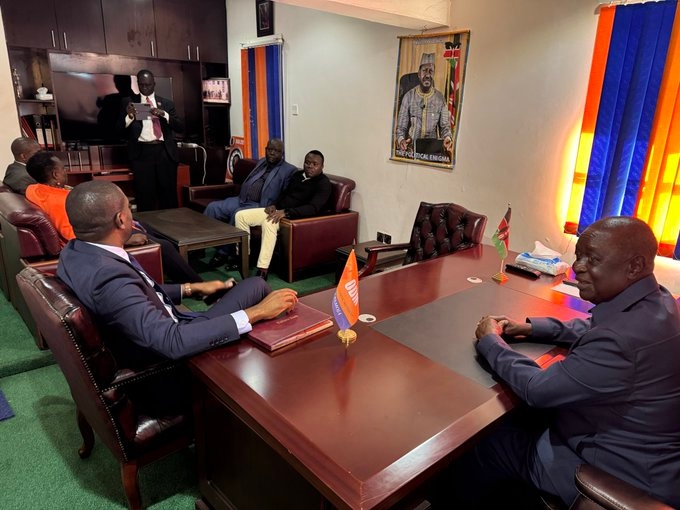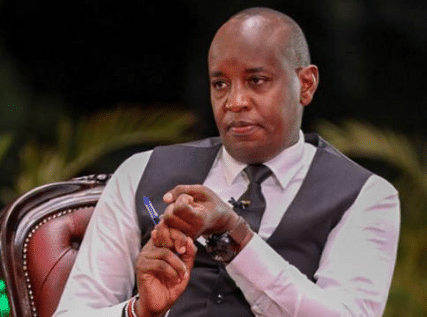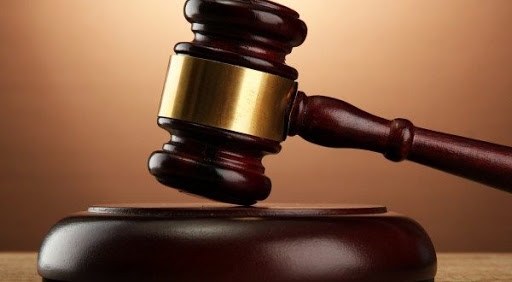As soon as President Ruto appointed a task force “to review the legal and regulatory framework governing religious organisations” the team began an uphill, if impossible, task.
The presidential task force led by Mutava Musyimi and other eminent persons was appointed following the discovery of more than 200 bodies in graves at Shakahola in Kilifi county.
The land is associated with the self-proclaimed preacher Paul Nthenge Mackenzie of Good News International Church. Alongside the task force is a presidential commission of inquiry led by Court of Appeal judge Jessie Lessit.
Strange briefcase outfits have come up in the country recently. Hence, the call to regulate, monitor and control the registration of churches seems compelling. While investigations are ongoing and Mackenzie is in police custody as the state prosecutes its case, it would be prejudicial to comment on the matters in court.
However, the Mutava-led task force with a wide range of persons will review the registration of religious organisations and related matters. Yet there are several reasons why the task force faces an uphill task.
First, not to belittle education, but registering churches and preachers on the basis of theological training would be extremely biased. Churches, by virtue of differing interpretations of the Scriptures, can hardly agree on the personality of God, the law, the day of worship, and even their own existence. Who decides what is legitimate?
Preaching is much more a calling than a vocation. The preacher with a doctorate may say a thing or two about soteriology, eschatology and hermeneutics, but the Bible cares little about such. The prophets, patriarchs, John the Baptist, Christ's apostles and Jesus Himself lacked theology degrees, but history shows they did a marvellous job.
On the contrary, those who held such qualification, like Saul of Tarsus, soon found it a liability. Today, some of the best preachers are not trained theologians. Lest they get puffed up rather than glorifying God, I mention no names.
In the Scriptures, calling a man “reverend” to honour educational and proselytising achievement is patently blasphemous. So, the difference between the fly-by-night preacher and the “reverend doctor” is mere paperweight.
Secondly, some sentiments on the Shakahola exhumations suggest confusion between crime and matters of faith. This is the greatest issue, in my opinion. In Romans 13, for example, the Bible mandates the state to deal with temporal matters (crime) because they squarely belong to Caesar. Paul and Peter preach this message emphatically in letters to the churches.
However, in the same breath, the Bible condemns the state against exercising restraint on religion. In fact, the Scriptures show religious liberty to be the strongest bulwark against false religion. Right from the start, Lucifer (God’s arch-enemy) is depicted as starting a rebellion in heaven, but God does not destroy him at once.
Instead, Lucifer is left to wander up and down (see Job 1) preaching his gospel everywhere. Thus, obedience out of love, not force, is best. Further, the Bible condemns anything that looks like an individual or the state sponsoring the church to preach “smooth messages” (Isaiah 30:10).
That the Bible refers to the marriage of church and state as “fornication” is telling enough (Revelation 17:2). Historically, whenever the church and state united, the main purpose was to persecute.
Matters of faith are deep-seated and cannot, therefore, be legislated. The greatest demonstration of religious liberty is the Bible record. While divine punishment is also penned, in the Scriptures are strange religions ranging from God’s chosen people bowing to Baal in Canaanite groves, King Saul visiting the witch of Endor, Babylonians worshipping the sun, to women weeping for Tammuz in Ezekiel 8, all in the midst of true worship. The Bible never appeals to the state to intervene.
Since the Shakahola issue came up, social media has been awash with outrageous religious practices trending for days. Oddly enough, “cultic practices” exist in mainstream churches as well, only that they are popular and are televised live.
Essentially, barring colour and pomp, there is no difference between praying to a stone at the sound of the organ, and a sorcerer mumbling abracadabra with a fly whisk on the bloody head of a black chicken. Religious tolerance and the constitutional guarantees of freedom of worship require that the sorcerer and the prelate both receive respect and non-interference by the state, unless a crime has been committed.
Without religious tolerance, Kenya would repeat Europe’s bloody tyranny of the dark ages when the one-world creedal religion persecuted “heretics”. Caesar must not weave himself into an official idol of the state.
To tread the ground softly and balance the right to freedom of worship with the pressure to do the bidding of the state is the challenge the Mutava task force faces. Without that balance, it would amount to an insidious subtlety and bigotry against smaller independent churches whose practices do not agree with the mainstream.
Teaches journalism and communication at the Technical University of Kenya. [email protected]



